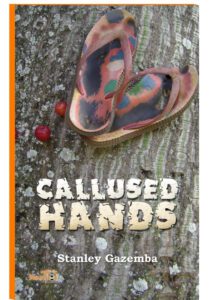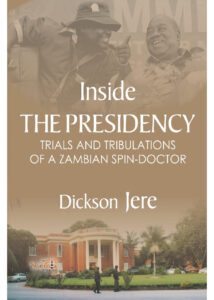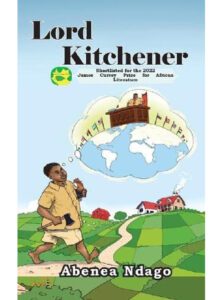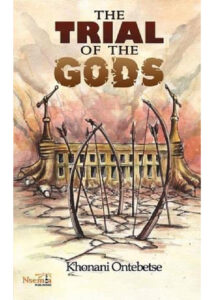
- Author: Dickson Jere
- Publisher: Nsemia Inc. Publishers, Ontario, Canada
- Reviewed on: July 14, 2014
As published at reginaldntomba.wordpress.com
There are few Zambians who have written about their experiences of working with Presidents, among them Vernon Mwaanga, Valentine Musakanya and Martin Kalungu Banda. Their books, though, covered other subjects. So Jere’s book stands out for being solely dedicated to the Presidency. He deserves praise for sharing his side of the story and we can only hope there will be more by others in such similar positions.
The book is primarily about the author’s experiences in the Presidency. It affords the reader an opportunity to know what it means working in that institution, the challenges and privileges, the backstabbing, the intrigues and power play that go with it. It’s a remarkable effort in opening up and demystifying the Presidency.
Inevitably, something about President Rupiah Banda comes out and the reader gets to know what type of leader he was, at least from the author’s perspective. A compassionate father figure concerned with people’s welfare, a man who loved outdoor life, eating from restaurants and visiting friends and refusing the tight security around him to be a barrier to mingling with the commoner.
President Banda, we are told, had something disarming about him, frequently cracking jokes that created a relaxed working atmosphere.
The author presents himself as a reformist and does well to highlight some of his achievements. But he also soon realised that “the system” was too entrenched to give him free passage in his reform agenda, with officials repeatedly insisting that things had always been done in a certain way. It’s a typical example of how institutions refuse to evolve by sticking to the old order.
Much as this book is about personal experiences which you cannot argue about, it cannot entirely escape questioning.
When I read of “trials and tribulations”, I was curious. But I found out this was an overstatement. The so-called “trials and tribulations” were simply occupational hazards that came with the job. The Presidency is a subject of many competing forces – internal and external – and grabbing the President’s attention will always be a contested affair. So, for instance, the author’s fight with party officials over the President’s diary can hardly qualify as a tribulation. It was just institutional politics.
Largely missing from the book is the writer’s opinion. He is rather evasive, preferring to quote critics, the President, party officials and others, while his own position on a number of issues remains unprofessed. Why?
On Chiluba’s judgment day, the President detailed Jere and his other State House colleague to keep track of it and alert him. Jere relayed the news as soon as it broke. The President diverted from his speech in Kabwe to announce Chiluba’s acquittal and congratulated him. It’s interesting that Jere discusses the firefighting that followed but does not see himself as having facilitated a PR disaster which he should in fact have forestalled.
Jere’s sweeping claim that corruption under the Banda Administration was a perception created by the private media is not only misleading but also alarming and contradictory, not least because he has dedicated an entire chapter in the book to “Dealing with Scandals”.
In politics, perception is reality. The President’s demand for “evidence” before he could act on corruption suspects in his government was equally misplaced. The President was not (and is not) a court to demand evidence. He didn’t need evidence to relieve his officials to enable them clear their names and, more importantly, protect his own image.
Remember, too, that in his days President Chiluba similarly demanded evidence when it was public knowledge that corruption and theft in his government were rife. It’s clear that President Banda and his circle didn’t heed the past.
Jere’s reflections on what could have gone wrong make interesting reading. But it is only fair to say when you are part of the system, you do not see things the way you would in retrospect. In any case, even if you do, chances of your voice being heard among many others are slim.
Its shortcomings notwithstanding, the book is an important addition to the memory of the country’s politics.
Reginald Ntomba








